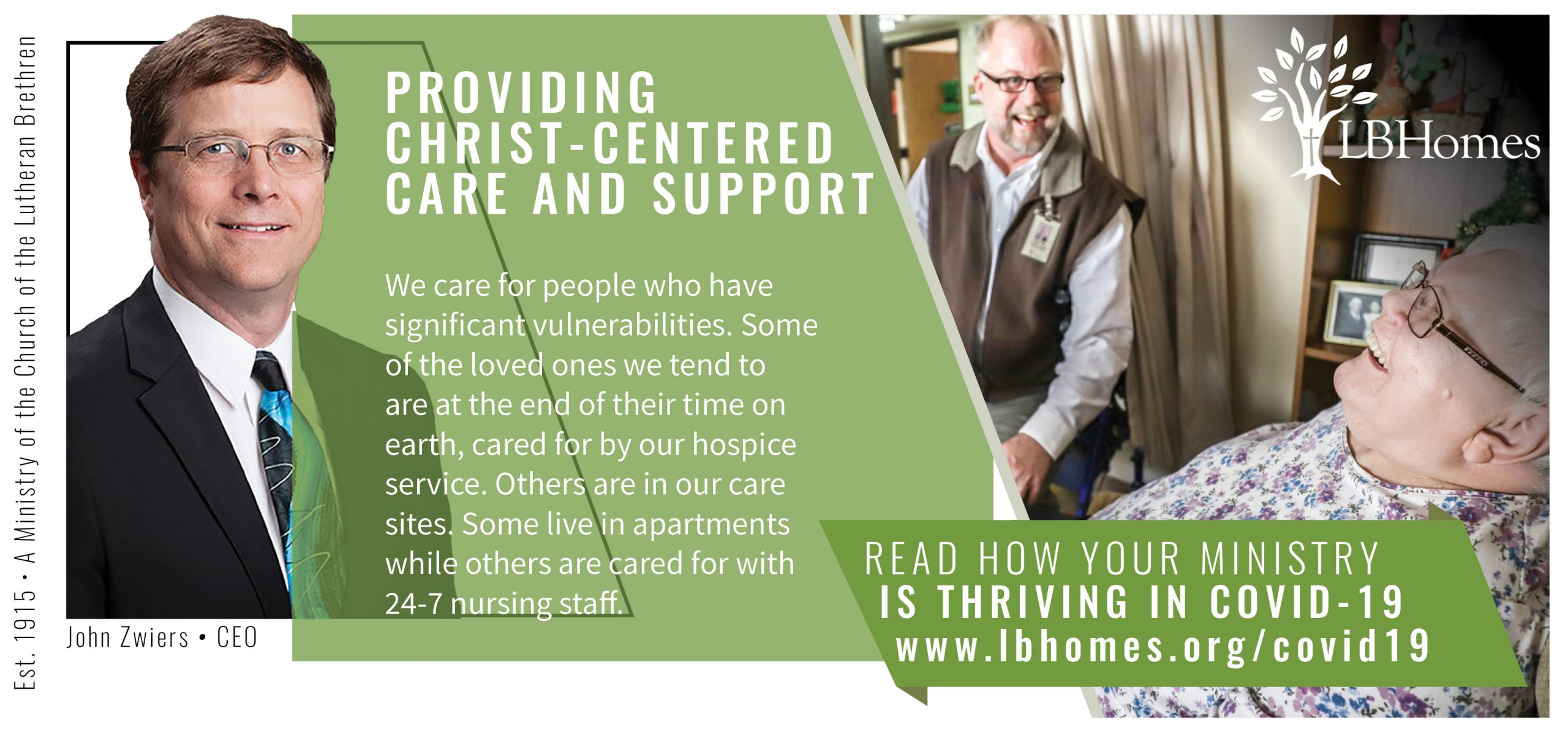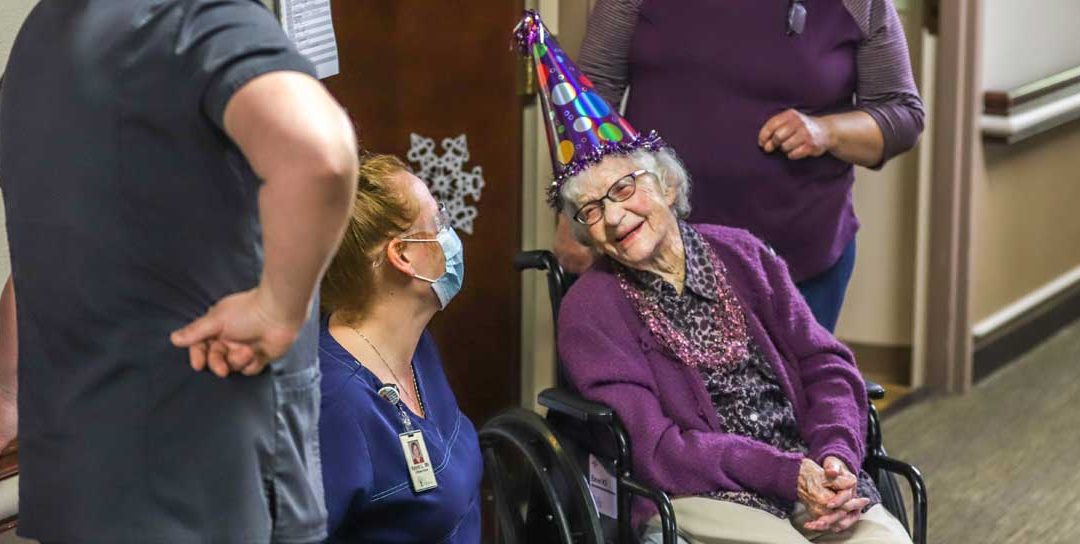We see the reality of sickness in the world around us. It is in our present and our past. Our history is full of it. The Scriptures tell the story of how God’s people faced the reality of sickness and death in the world again and again. All because we live in a world that is broken by sin.
Since the world is broken by sin, death reigns. Since death reigns, sickness and pestilence are prevalent in this world. It is a reality of the life that we live. As Christians, we acknowledge that death is a part of the brokenness of creation. Therefore we acknowledge, and are not surprised that sickness, pandemic, and death arise.
It is natural to fear sickness. We are created to live, and we know that sickness can be painful, debilitating, and even fatal. Discomfort and death are not attractive to us. We want to be healthy, and happy, and live. So we fear sickness, and because we grow afraid, we sometimes struggle to remember what we should do and how we should live as Christians during times of sickness.
The Apostle Paul writes to remind the Church in Romans 12:9-13 how their lives should look:
Love must be sincere. Hate what is evil; cling to what is good. Be devoted to one another in love. Honor one another above yourselves. Never be lacking in zeal, but keep your spiritual fervor, serving the Lord. Be joyful in hope, patient in affliction, faithful in prayer. Share with the Lord’s people who are in need. Practice hospitality.
Paul’s exhortation to the Church does not distinguish between times of sickness and times of good health. This is because Paul’s words are grounded in the eternal hope that is found in knowing Jesus Christ. Paul has no reason to be afraid of sickness because Paul is a servant of the Resurrection and the Life. Being free from fear, then, what does life look like? To be sincere in love. To hate evil. To practice devotion to one another. To honor one another. To be spiritually fervent. To be joyful in hope. To be patient in times of affliction. To be faithful in prayer. To share with those in need. To be hospitable.
That’s a beautiful list, isn’t it?
It’s all the more important that, as the church, we seek to provide care to one another. In present context, this means caring not only for those who are sick (and sometimes at our own risk), but we also do all that we can to avoid spreading a virus to others.
Although we do not have to fear sickness or death, we do have a responsibility to take these issues seriously. It affects the well-being of ourselves, our families, and our neighbors. We’re called to act in a way that is sober-minded and responsible—not flippant about our response to disease and pandemic.
Disease carries great impact on people’s lives. We must take it seriously because the effects of disease are serious, and those who are suffering from those effects bear a heavy burden. It is a great disservice to others if we treat lightly and frivolously the things that are burdensome to them.
So we don’t willingly expose ourselves to needless risk. We don’t act irresponsibly. For the sake of our neighbors and to avoid testing God, we use sound precautions. Yet we also acknowledge that there may be times when we Christians have to be exposed to the dangers of sickness and disease. There will be times that the spread of disease is simply unavoidable. There will be times when we will need to step in to provide care for those who are sick and cannot care for themselves, and we must knowingly take that risk and expose ourselves to danger. Not recklessly or motivated by ignorance or strife, but out of love for one another.
Yet, although we should and do use precautions and best practices when caring for the sick, it’s important to remember that as Christians we do not have to live in fear. Even during times of great upheaval and turmoil, we have a confidence that this world cannot shake. We have a confidence and a hope that is found in Jesus Christ. He is a sure foundation during times of pandemic and trouble.
We have a calling as a Church to a unique opportunity during times of sickness and pandemic. The calling is to be ministers of hope. To be hands that care. To be shoulders that people can cry on and that can bear the loads of others. To be witnesses to the power of the One who is “the Resurrection and the Life.” To be able, with confidence, to give a reason for the hope we have to anyone who asks.
That confidence is infectious. The beauty of the hope of the gospel spreads just as easily as sickness. Through the power of Jesus’ blood and the word of our testimony, the Church will advance and overcome the forces of sickness, of pestilence, of death.
So hear Paul’s encouragement to the Church today. How should we live during times of sickness and disease? The same way we should live every day: joyful in hope, patient in affliction, faithful in prayer, and sincere in our love and care for one another.
Rev. Caleb Larson serves as chaplain at LB Homes in Fergus Falls, Minnesota.


